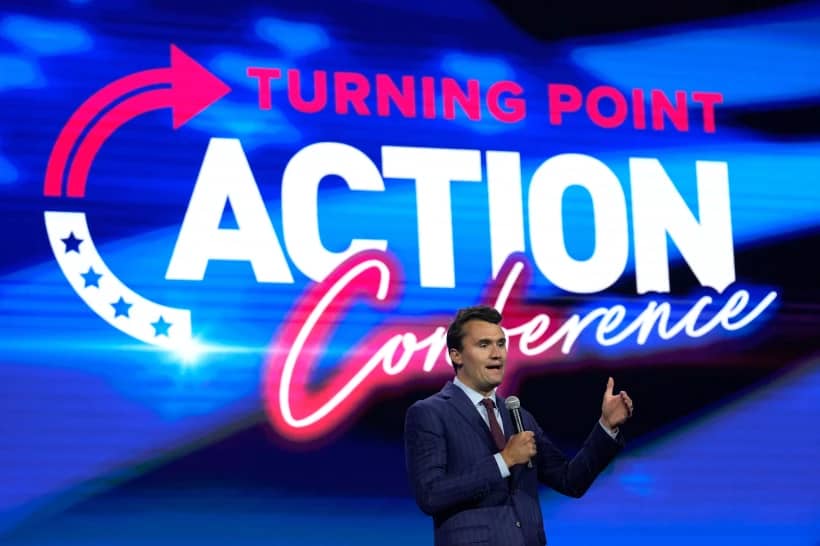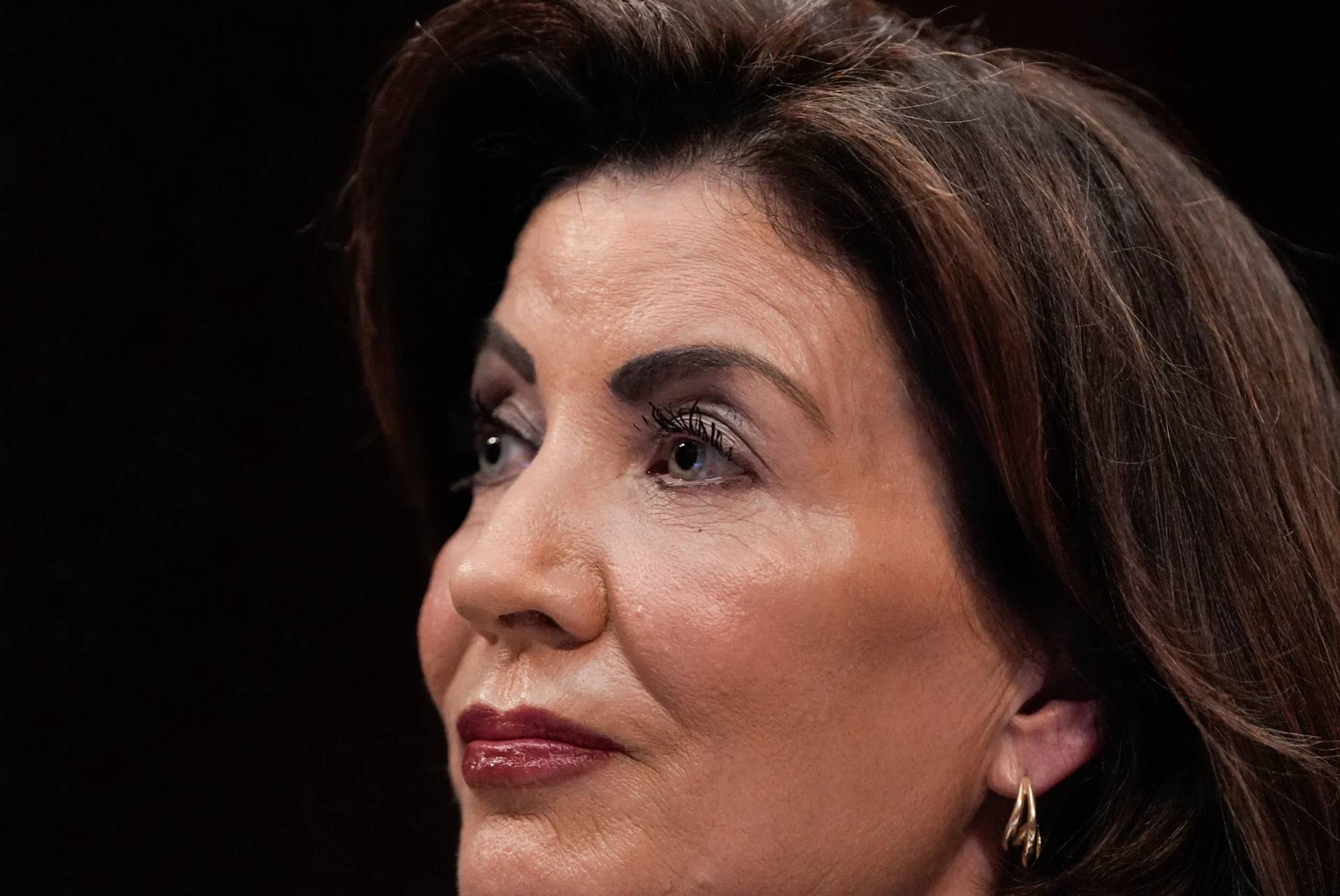The resignation of Marie Collins from the papal sexual abuse commission might have been inevitable, and even desirable, as John Allen argues. Perhaps. But it is also a significant challenge for Pope Francis in his management of the Roman Curia.
Collins’s comments upon her resignation, in an explanatory column for the National Catholic Reporter and even more so in her statements to Crux, were exculpatory of the Holy Father and the commission itself; the villains of the piece were anonymous entrenched interests in the Roman curia.
Which is likely true, but also rather too convenient; it’s always easier to blame the bureaucracy than the principals.
Assuming Collins’s analysis of the situation is accurate, the question arises: Why can’t Pope Francis get his sexual abuse reforms implemented? The answer has implications for other aspects of the Holy Father’s reform agenda too.
The Roman curia is ancient and possesses something of the mystique of a medieval court, but it is smaller than the bureaucratic apparatus of a medium-size city. The senior management – the prefects, presidents, secretaries and undersecretaries – who actually implement or frustrate the papal agenda numbers only a few dozen people.
If the pope had each one in for a private lunch he could see the whole lot in a couple of months, even taking Wednesdays off to rest after the general audience. The Catholic Church throughout the world is enormous, but the Roman curia is not at all on the same scale as managing the American state department, or British Petroleum or, for that matter, any archdiocese with a large education or social services apostolate, such as Milan, or Chicago, or Brisbane.
A pope has far more authority over far fewer people than does the university president of a typical state school. So why can’t Pope Francis get his agenda through?
There are different ways to manage the curia. For popes who came up through the curial ranks, such as the Venerable Pius XII or Blessed Paul VI, making the machinery work was something they had decades to figure out.
St. John Paul II chose to have a close team of truly outstanding personalities who were able to make happen what he wanted to happen – his secretary, Stanisław Dziwisz; his press spokesman, Joaquin Navarro-Valls; his vicar, Camillo Ruini; and of course Joseph Ratzinger, whose prestige and esteem were such that he could shepherd to publication a small library of papal documents, to say nothing of the Catechism of the Catholic Church.
Benedict XVI chose to have one gatekeeper – with the gate more closed than open – and to rely on the Vatican secretary of state to effect governance. Despite significant reforms, his management model was not judged a success.
Pope Francis, observing those models, desired not to have a key gatekeeper, but rather an informal team of close advisers, including strategically placed officials in the various congregations, to keep him informed and to carry out his wishes. Off the record, curial officials and the Vatican press corps speak easily of a “parallel curia” that the Holy Father employs, bypassing even his most senior officials.
Pope Francis uses this parallel curia to move quickly, announcing his initiatives before the actual curia is consulted, presumably to prevent them from being blocked. That’s how something as central as a new tribunal for dealing with negligent bishops on sexual abuse matters could be announced without the relevant dicastery, the Congregation of the Doctrine of the Faith, knowing anything about it.
A year later, when the tribunal was abandoned before it ever was established, was it because the CDF blocked it, or because the Holy Father only discovered that it was a bad idea after he heard from the relevant officials?
Collins opted for the former explanation, but the latter cannot be excluded. After all, the Holy Father is not reluctant to intervene rather strongly in the work of the various dicasteries, as is his right. So if he reverses himself, or decides against implementing a particular policy, it might be that he has changed his mind after hearing from the voices he chose not to consult beforehand.
An improvisational papacy is capable of improvising in different directions.
There’s also the more delicate matter of whether in general, aside from the particular issue of sexual abuse, curial officials are desirous of undermining the pope. That is always a factor in any pontificate, and popes have to decide how to exhort the curia to enthusiastically embrace the papal priorities.
The Holy Father has chosen to pointedly and publicly criticize the failings of curial prelates, often using the typically harsh language he favors when discussing priests.
The idea is that, like a spiritual director who sharply challenges those in his care to see things honestly and humbly, those in the curia will respond to his chastisements with a renewed purpose of amendment and willingness to reform. The danger is that the very officials the Holy Father needs to implement his reforms may feel distant or even estranged from him.
Marie Collins explained her resignation in very well-crafted phrases, perhaps too well-crafted. It is politic to blame unnamed officials, but everyone knows that only one person in the Vatican holds absolute power, and that Pope Francis is more inclined to use it than his predecessors.
If the Holy Father cannot get what he wants, does he really want it? Collins concludes that he does. If she’s right, is it perhaps time to try a different way of getting it?















